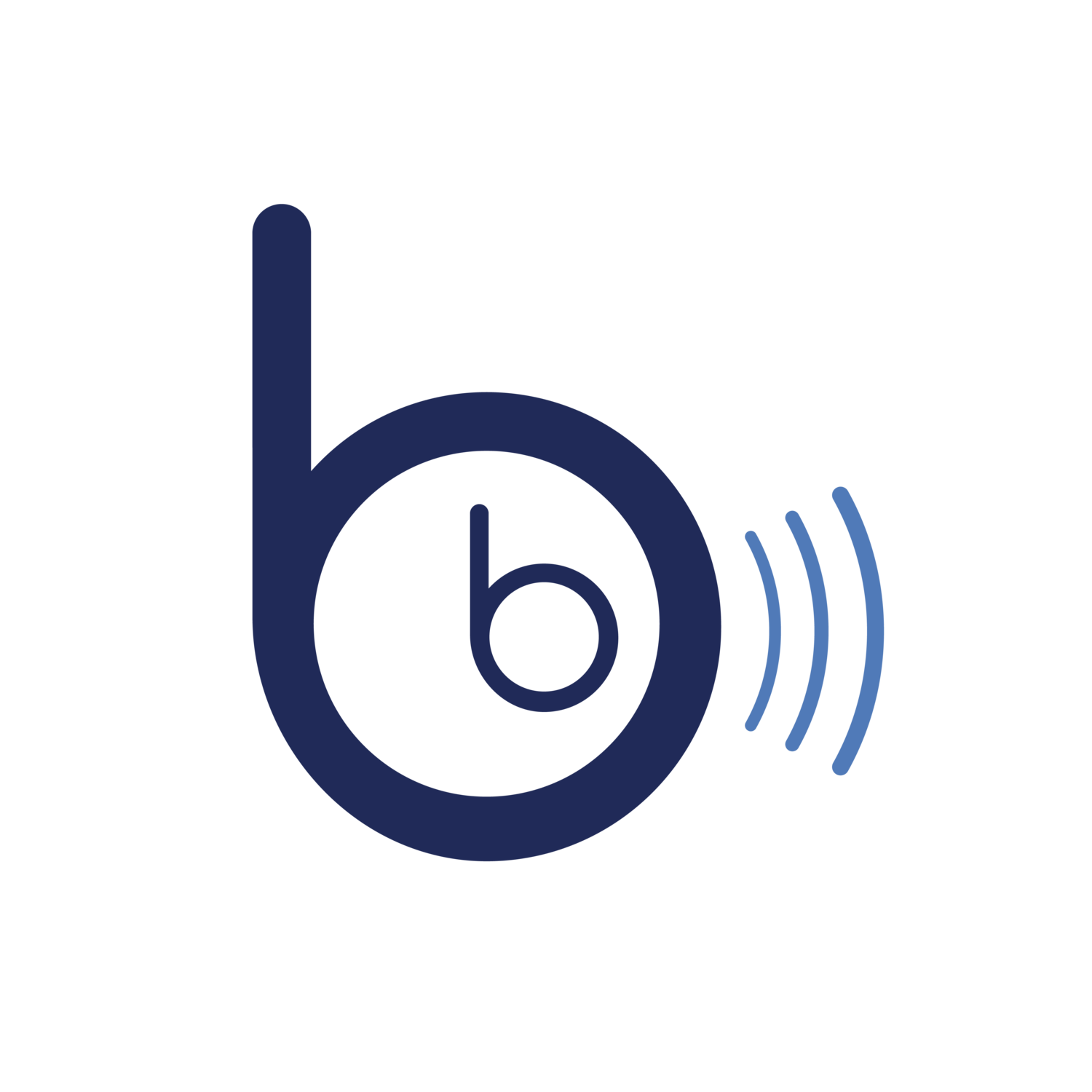The Path to Financial Wellness
The Path to Financial Wellness
Sitting down and putting together a realistic budget might not be your idea of a good time. However, following a budget can put you on the path to financial freedom and keep you from accruing debt. Now is a great time to reassess your budget (or start one!) and get your finances in order.
Here are 10 simple tips to consider when starting your budget:
Determine your income. Add up your total household income, including any side jobs or money that comes in regularly. Use your net pay, so you don’t have to take money out for taxes, health insurance, etc.
Pay yourself. Whenever possible, it can be beneficial to contribute to your retirement and savings account before you start tackling your expenses. Most financial professionals recommend having a three- to six-month emergency fund saved up (to cover all of your major bills for six months). If that feels too overwhelming at the start, another suggestion from financial guru Dave Ramsey suggests a $1,000 emergency fund to cover basic emergencies until you have paid off all of your debt. You will have to decide what savings number you need, but a good goal is to ensure that a minor emergency will not derail your finances. An emergency can be anything you didn’t plan for – your dishwasher breaks, you get a flat tire, or you get a speeding ticket.
Start with the core four: rent/mortgage and utilities, food, essential clothing, and transportation. Calculate what you pay in each of these categories every month. Ideally, your rent or mortgage is close to 30% of your gross monthly income. If this is non-negotiable, adjust your other spending accordingly and keep this percentage in mind next time you have an opportunity to lease or purchase a home. For items like utilities that vary month-to-month, find the average of your last few bills or look at what you paid the same time a year ago. Take into account seasonality – you may use the A/C more during the summer months or run the heat more in the winter.
Add up all of your monthly expenses. While the core four list covers the biggest monthly expenses, what about all of those little payments that happen every month for streaming services or fitness classes? Write down every bill you pay each month, no matter how small it is. Those add up quickly, and if you’re not using one of those services, cancel it and save some money.
Tackle your debt. This one can be hard to face, but it’s an important part of getting your finances together. Add up all of your monthly debts outside of the core four – credit cards, student loans, medical bills, etc. Have a good understanding of how much money each month goes directly towards debt so you can include that in your budget. Consider the snowball effect (paying the smallest to largest debt) or the avalanche method (paying off the bill with the highest interest rate first) for paying down your debt.
Budget for fun. After you’ve added up all of your expenses, create budgets for dining out or going to bars, entertainment, recreation, etc. Remember, this amount cannot exceed your total monthly income, so if you need to cut back in some places, this is where to start.
Set up auto drafts. Paying late fees is an unnecessary expense that can cut into your budget. It can be helpful to either have your bills set to automatically deduct from your checking account or set a calendar reminder to pay your bills a few days before they’re due.
Use a budgeting tool. Gone are the days of balancing your checkbook by hand at the kitchen table. There are a handful of free or low-cost tools available to help you tackle your budget and stick to it. Here are a few good ones: Mint, Quicken Budget Calculator, EveryDollar, You Need a Budget (YNAB).
Don’t forget about irregular expenses. You should have your “base budget” set with all of those tips, but don’t forget about expenses that don’t happen every month. Consider what birthdays or special events happen each month that you’ll need to spend money on. Don’t forget to include any extras for the kiddos like sports and activity fees, tutoring, or dental/health expenses not covered by insurance. If possible, set aside extra money for holiday presents so you don’t get hit with a big surprise at the end of the year.
Know yourself. Is cash king, or can you still swipe? Some people have a hard time sticking to a budget when they pay for everything with a debit or credit card. For those folks, using a budgeting app can be helpful as it is easier to go over your budget when you don’t see the money leave your account. If you don’t want to use an app or balance your budget every few days, try the envelope method. Put cash in different envelopes for different budget categories. Have one for groceries, one for restaurants/bars, one for shopping, one for gifts, etc. This method allows you to see exactly how much money you have left in each category. If you use this method try to ensure you have safe storage and trustworthy housemates.
Budgeting isn’t hard. It just takes a little time and discipline. By following these simple steps, you can have a better understanding of your overall budget and gain some insight into places you might need to cut back so you can invest more in yourself and bulk up your savings.

